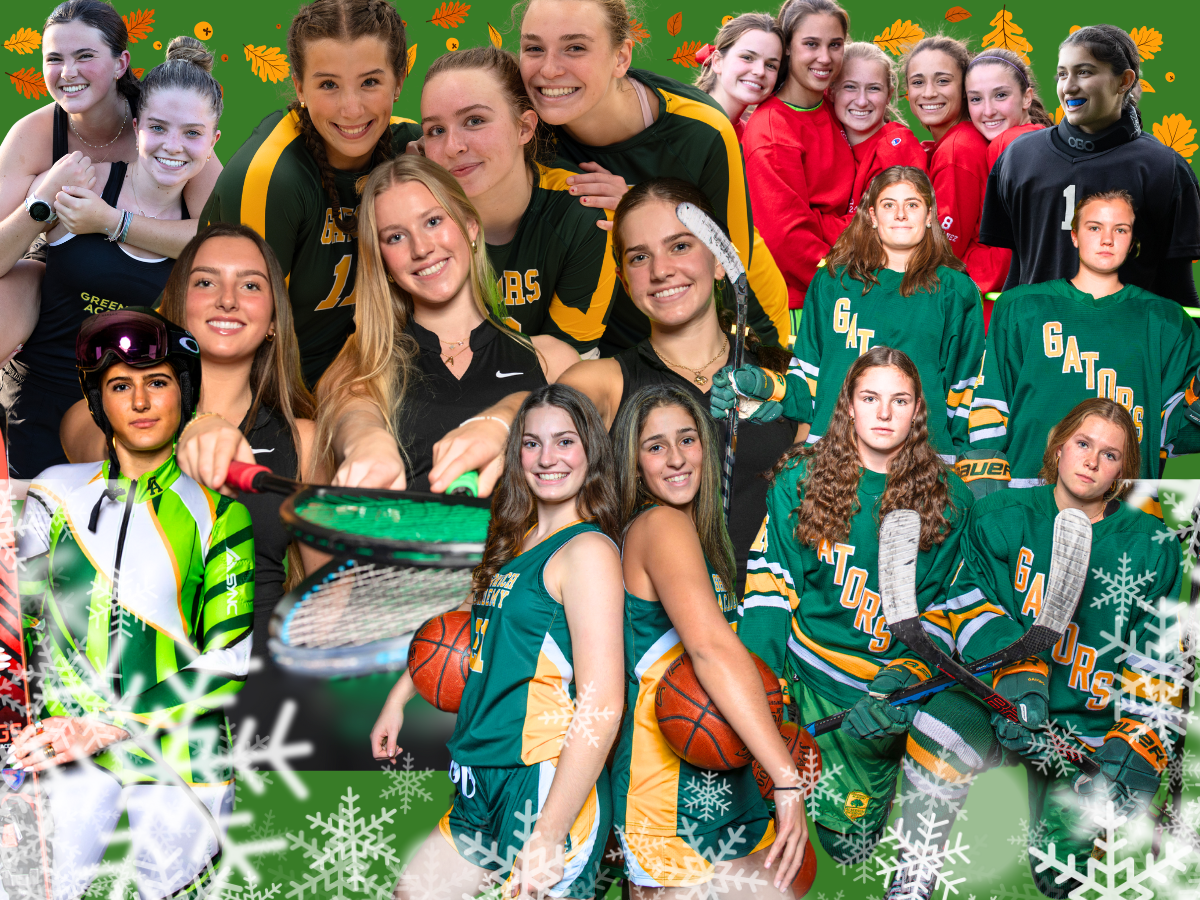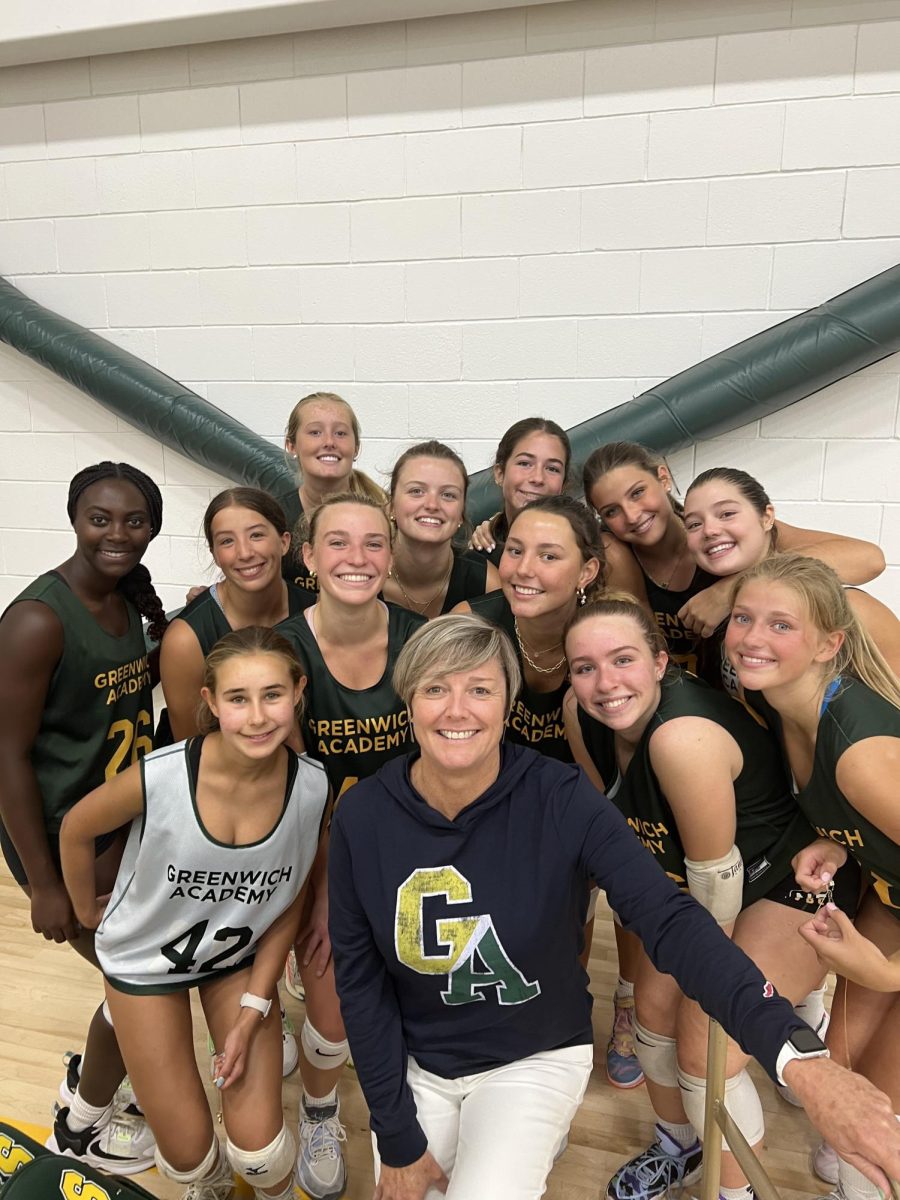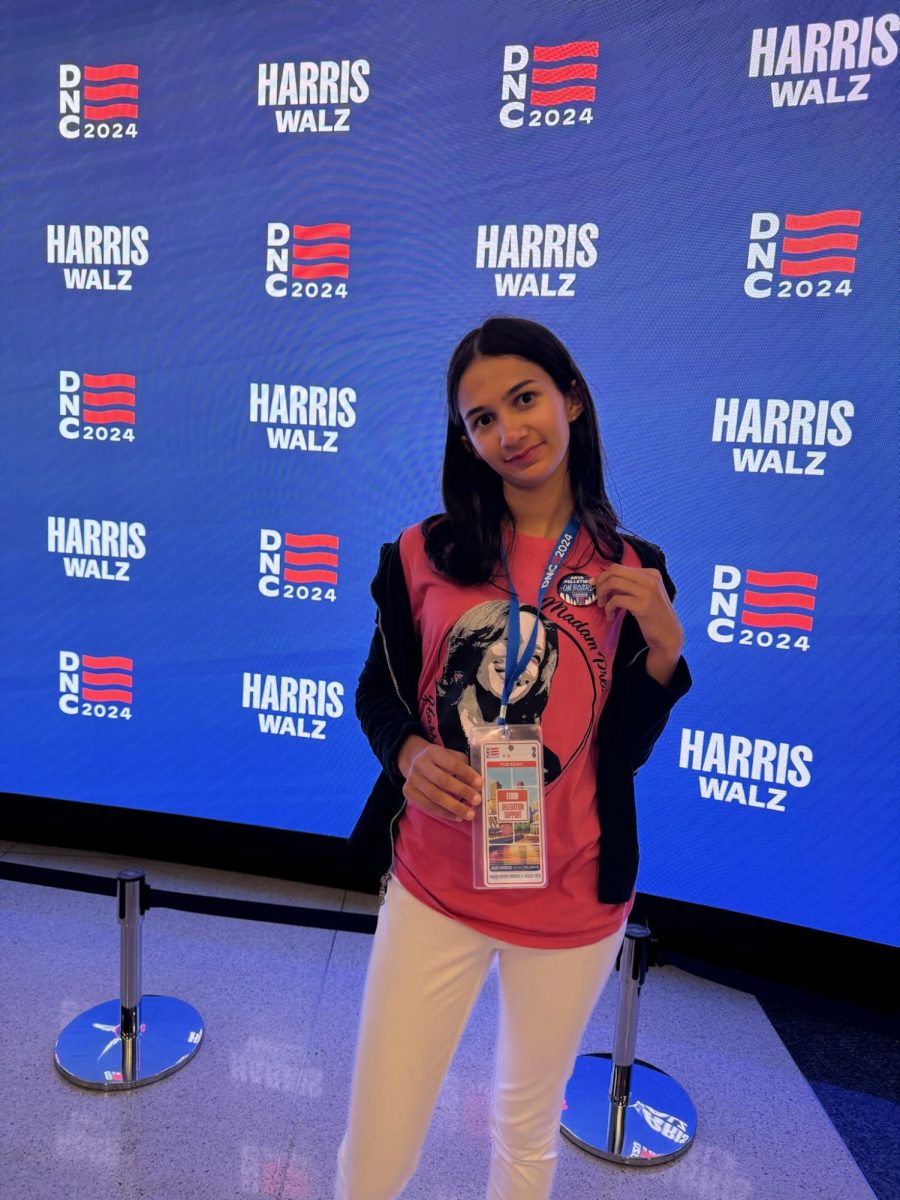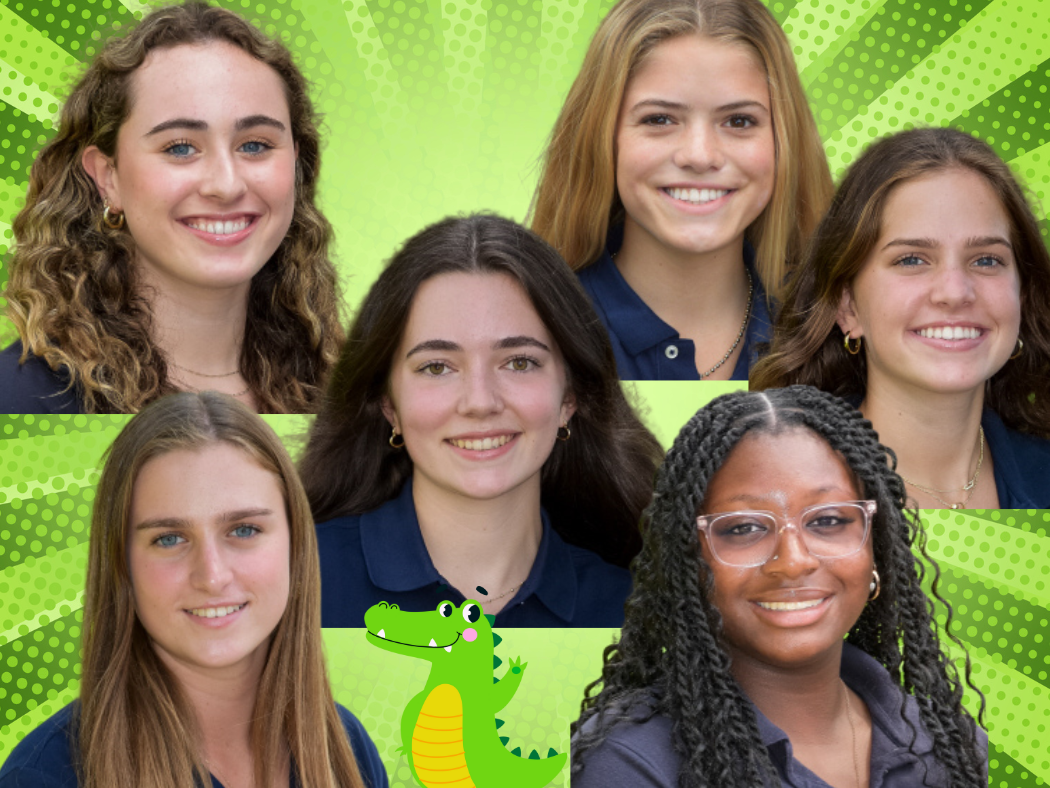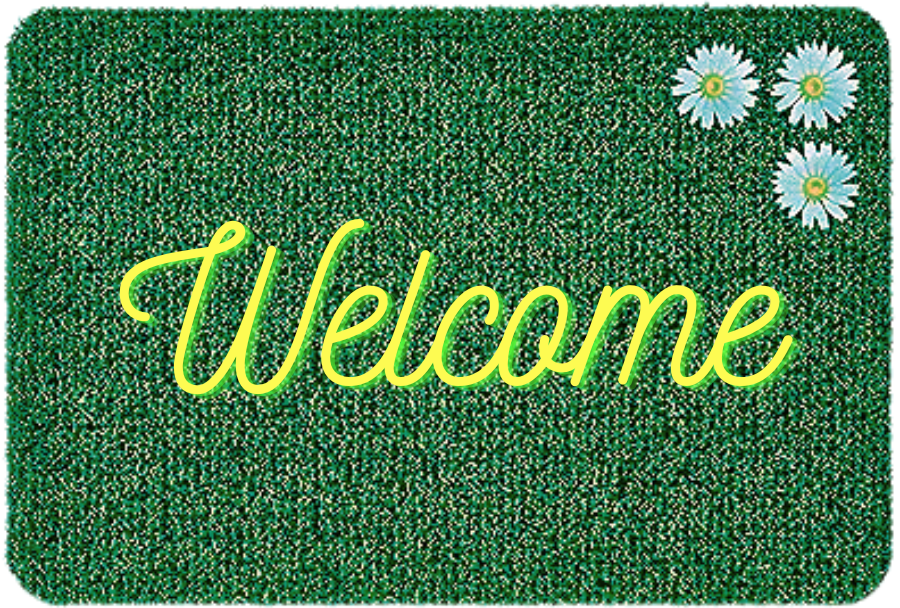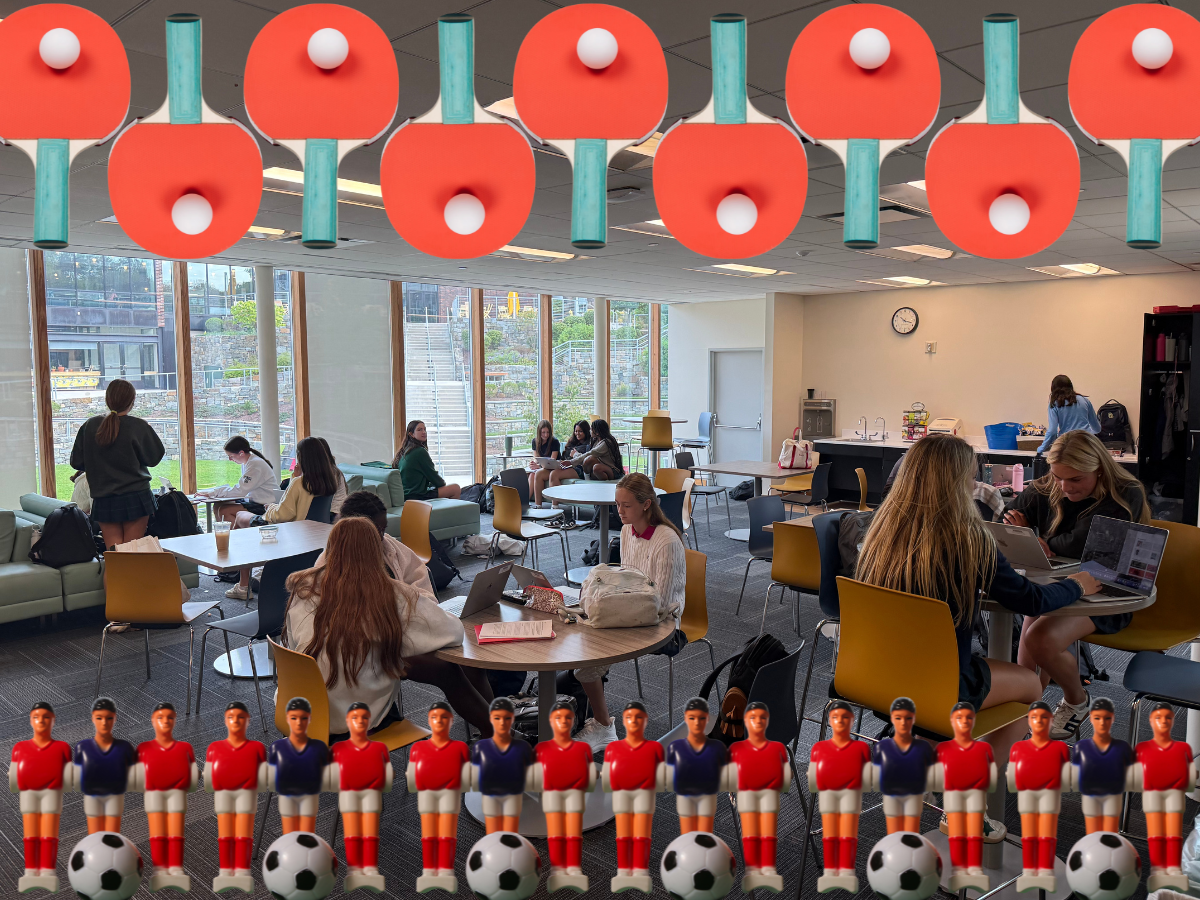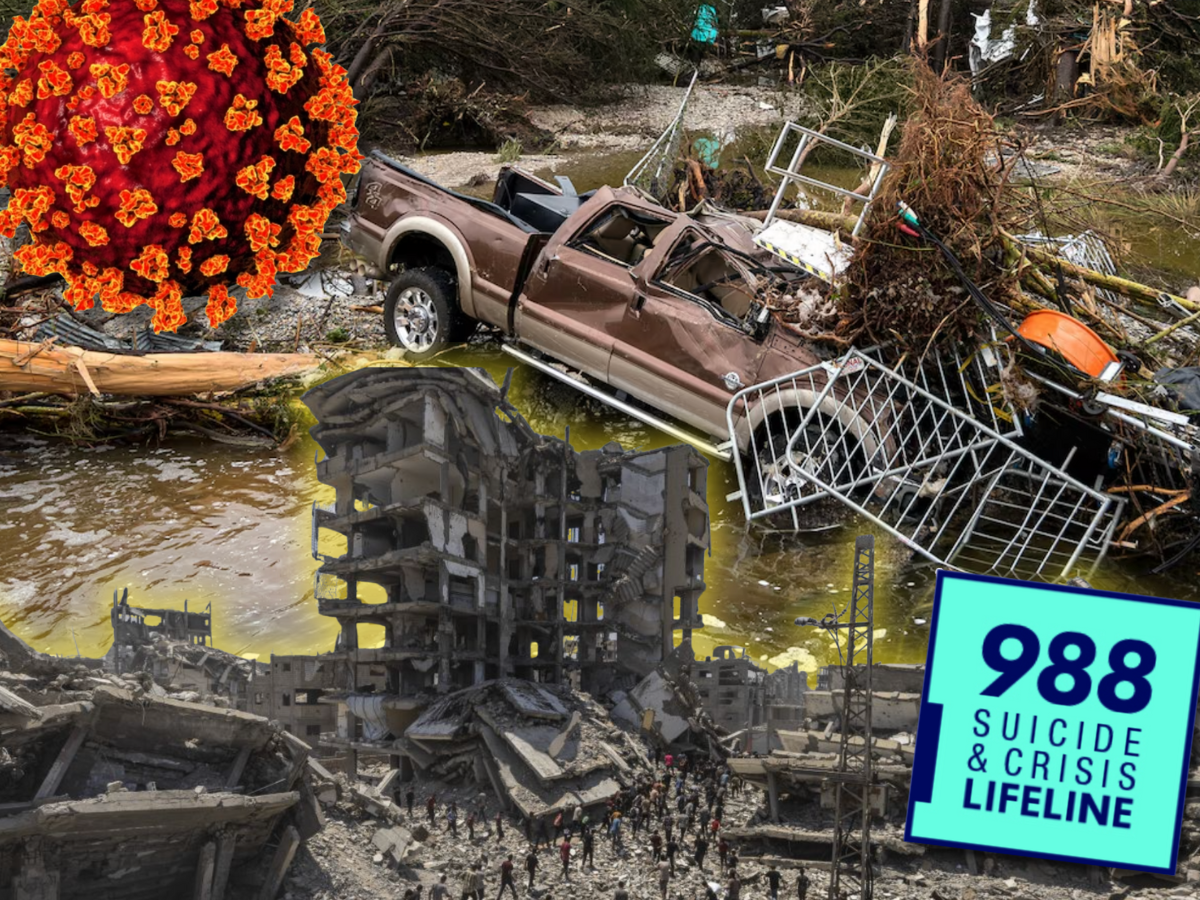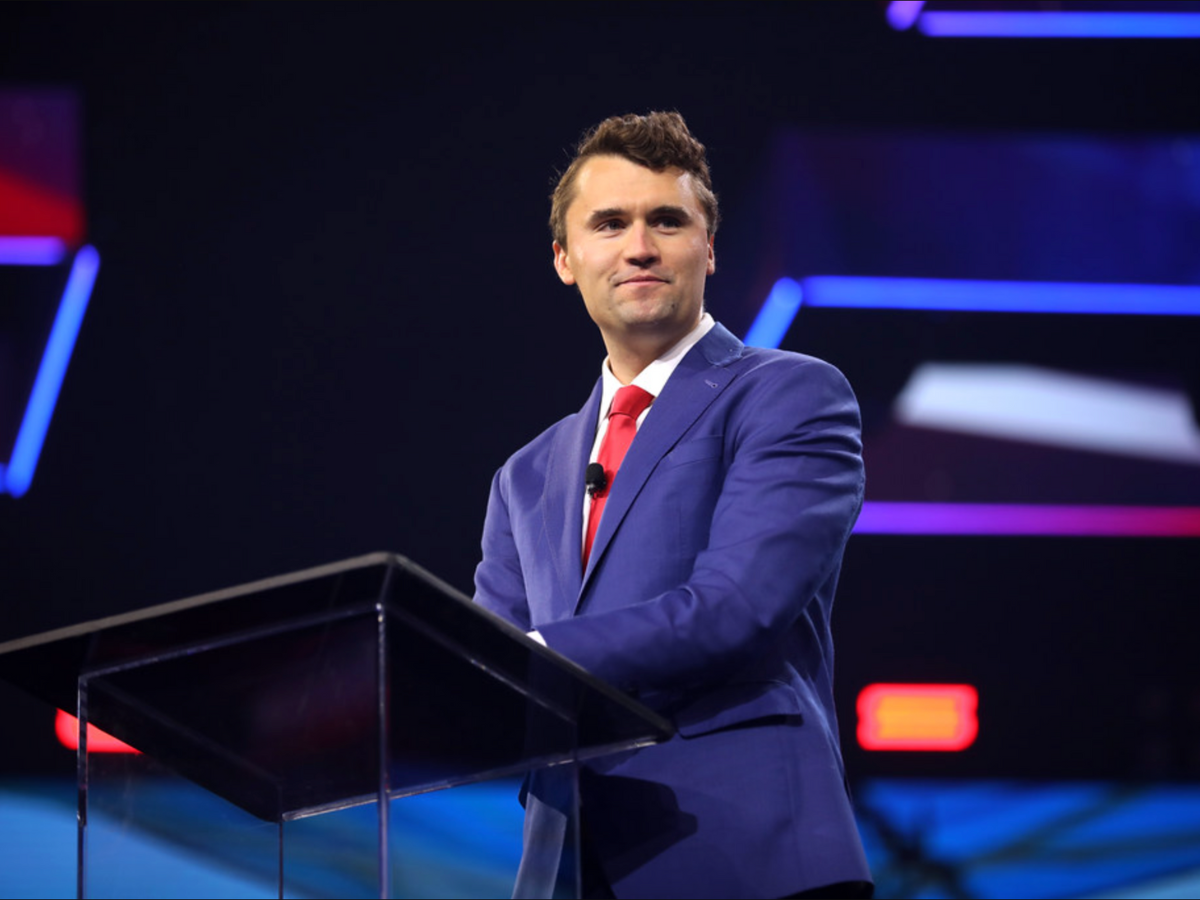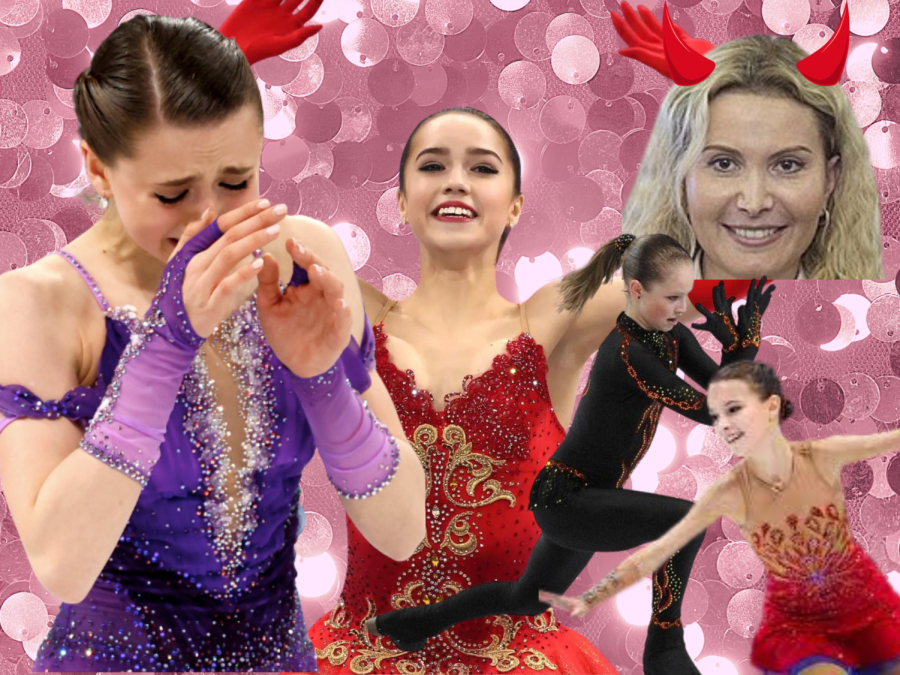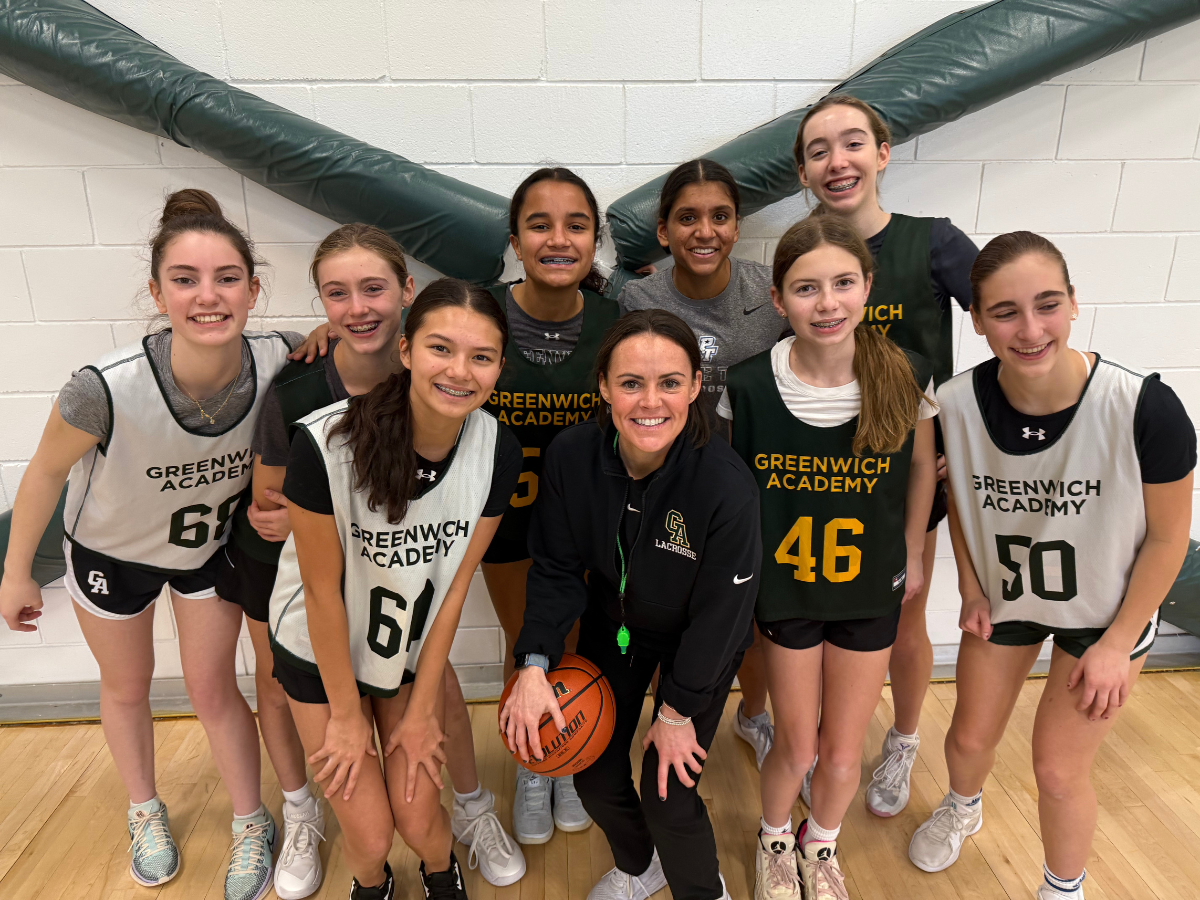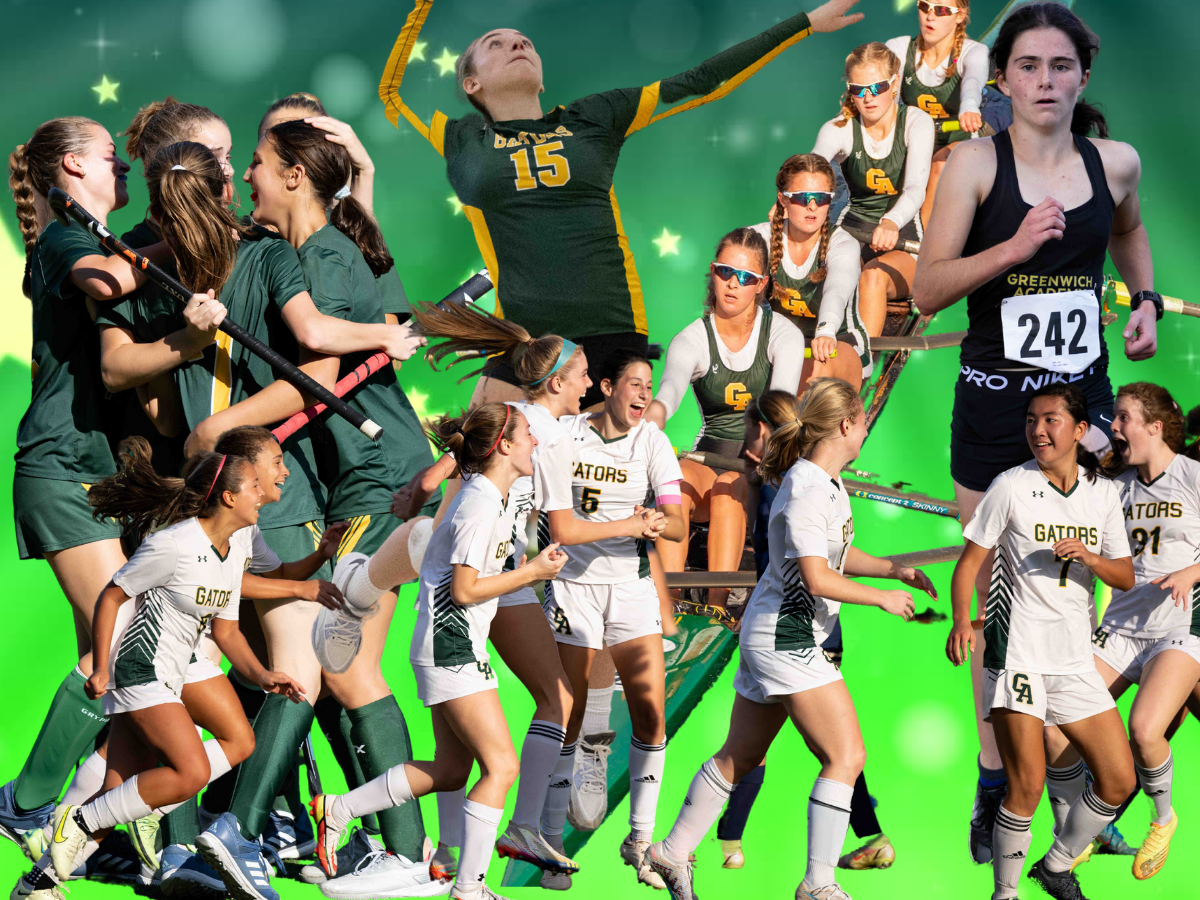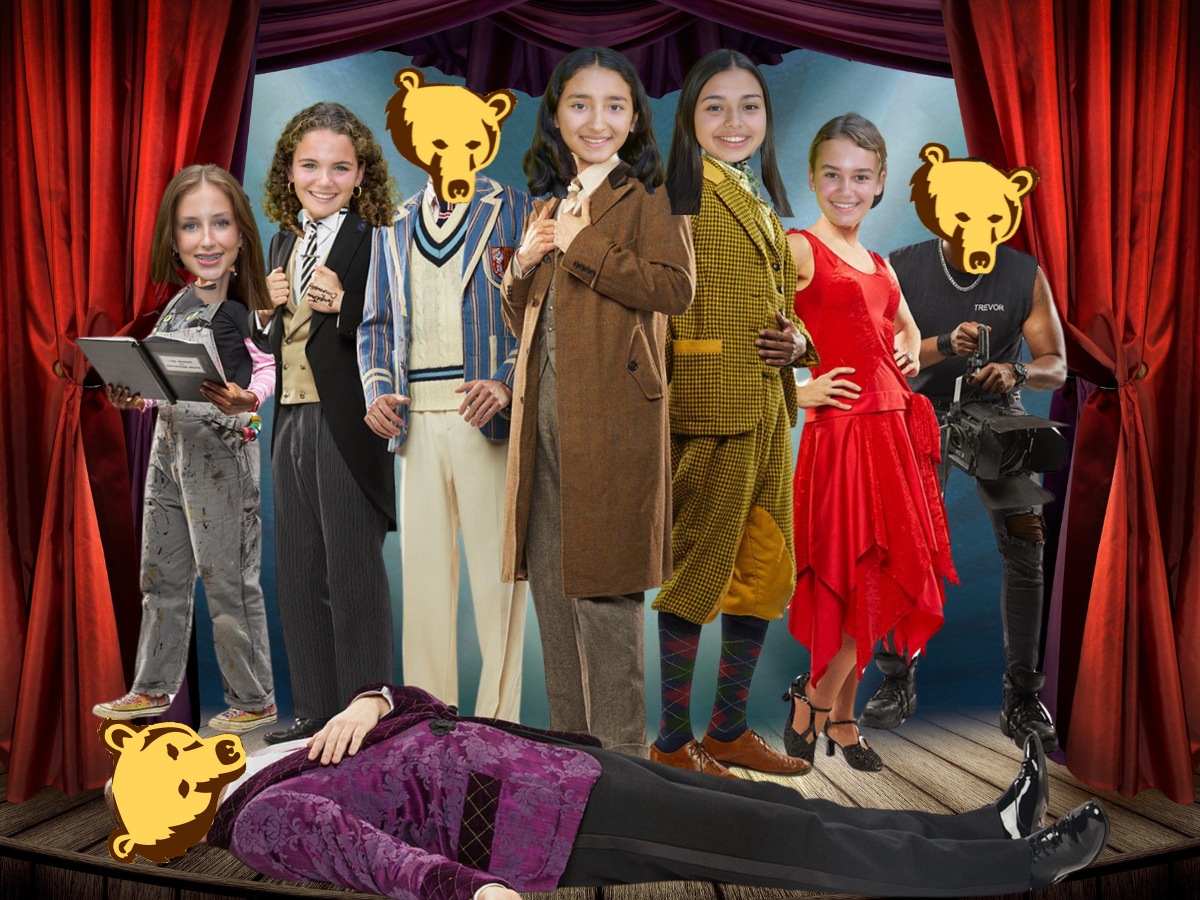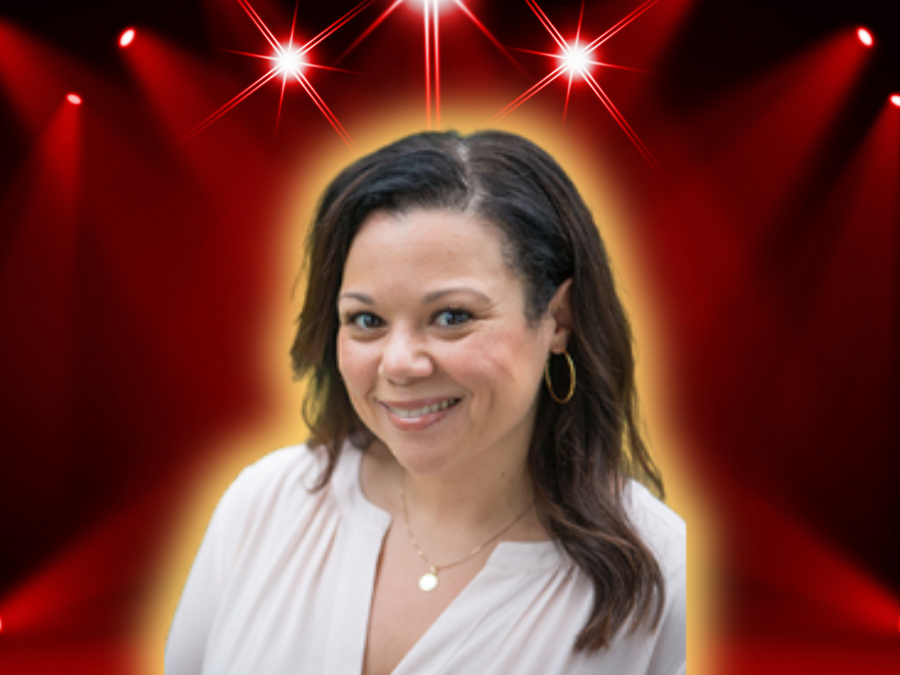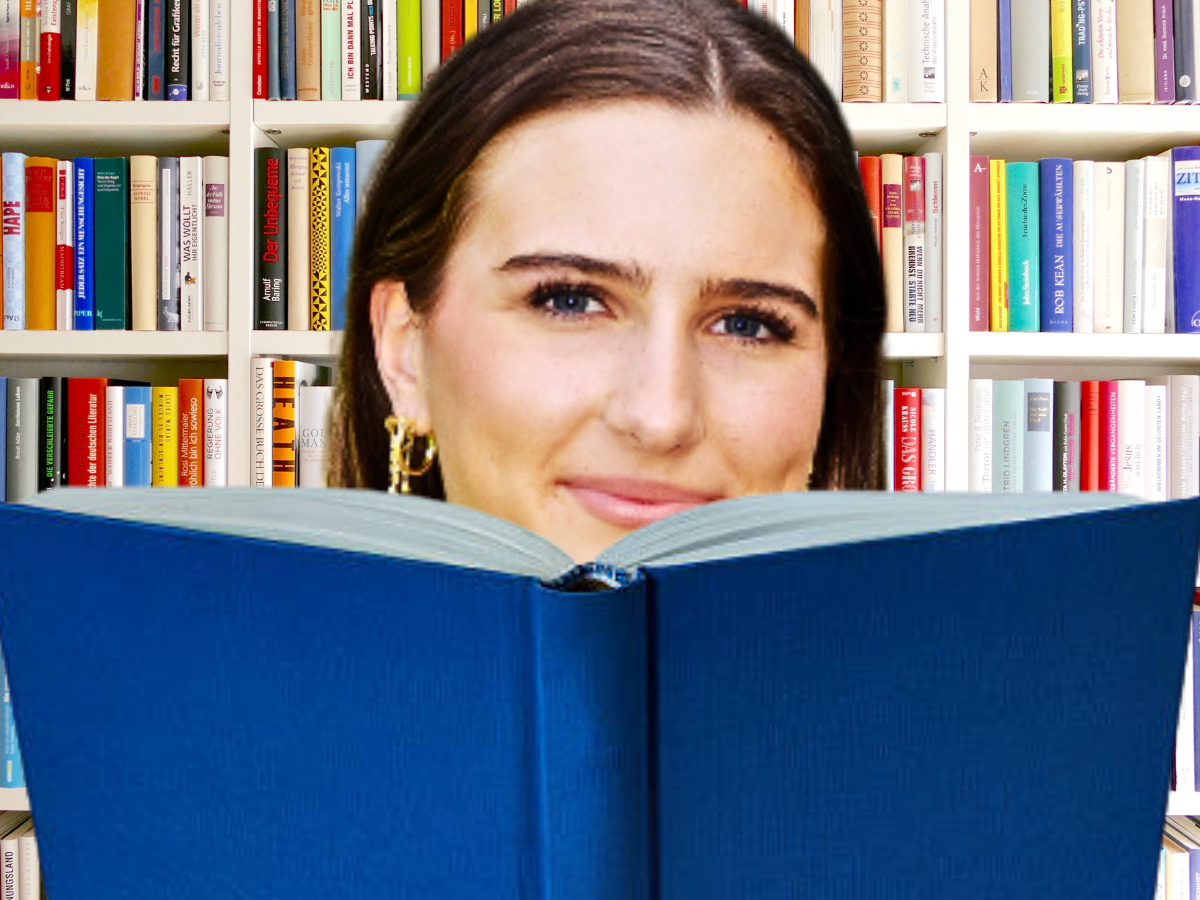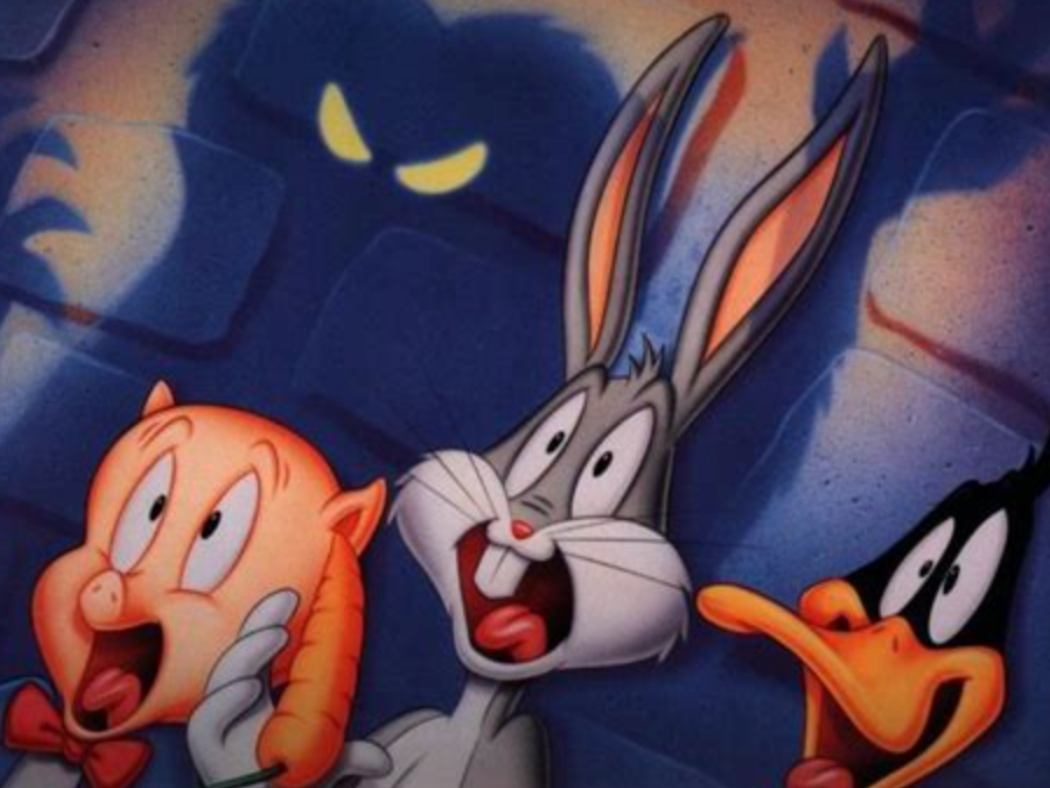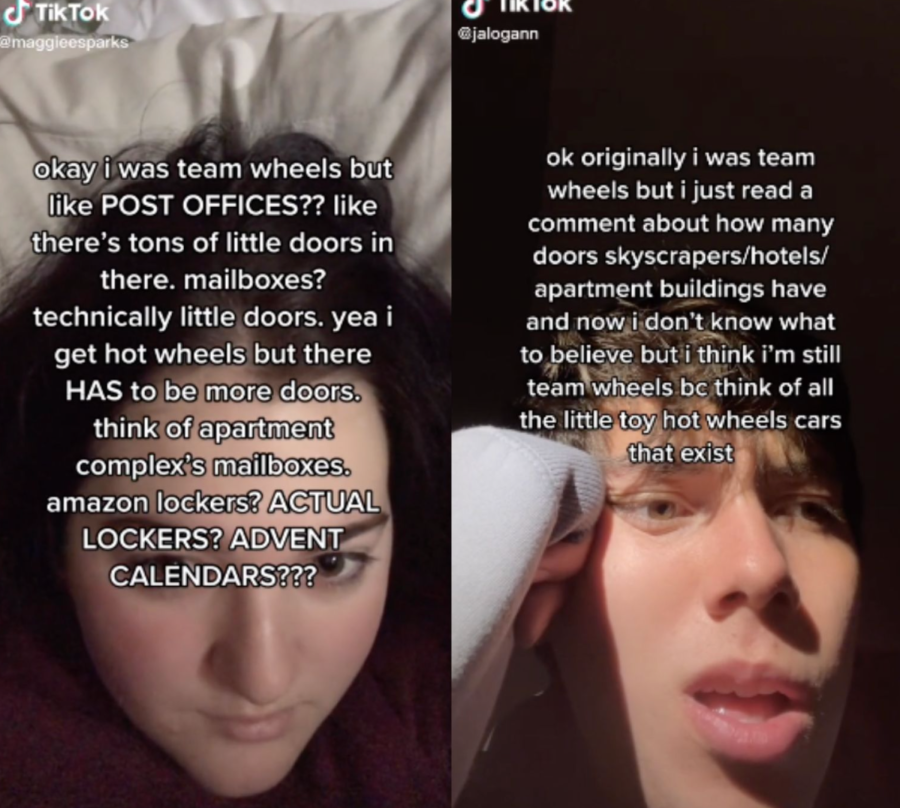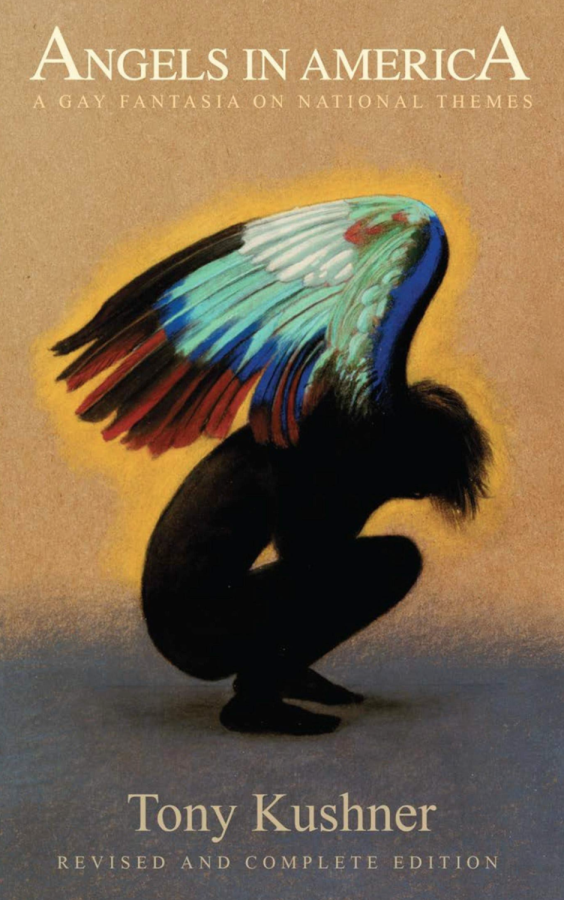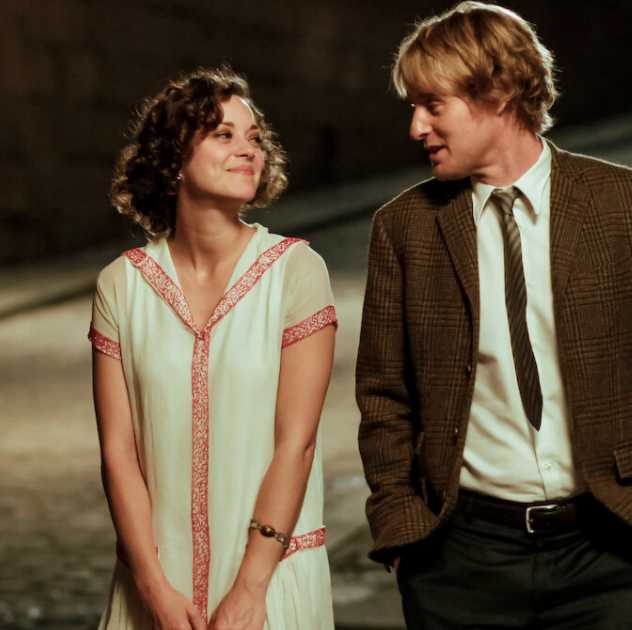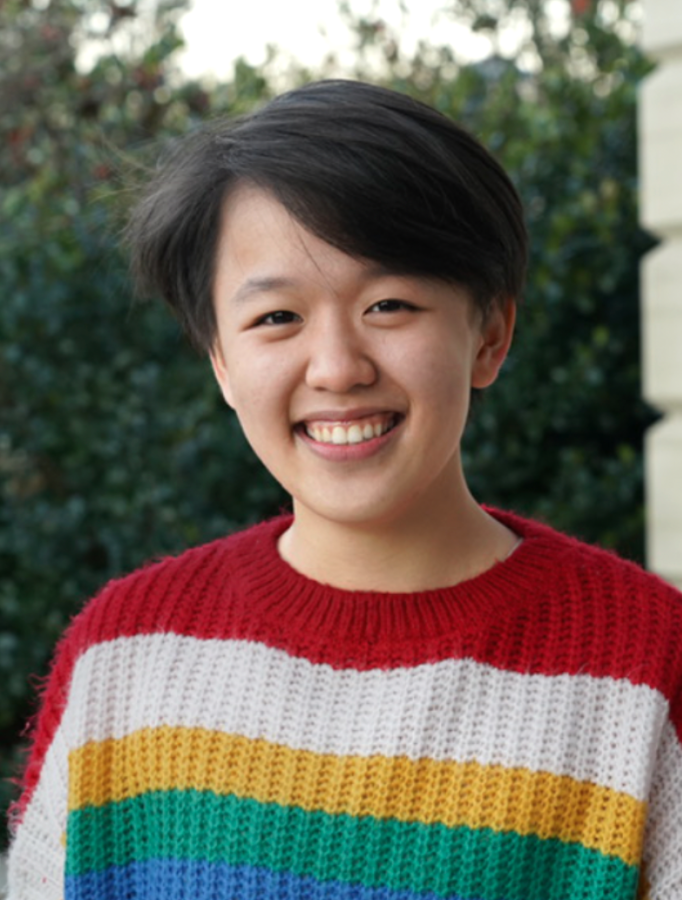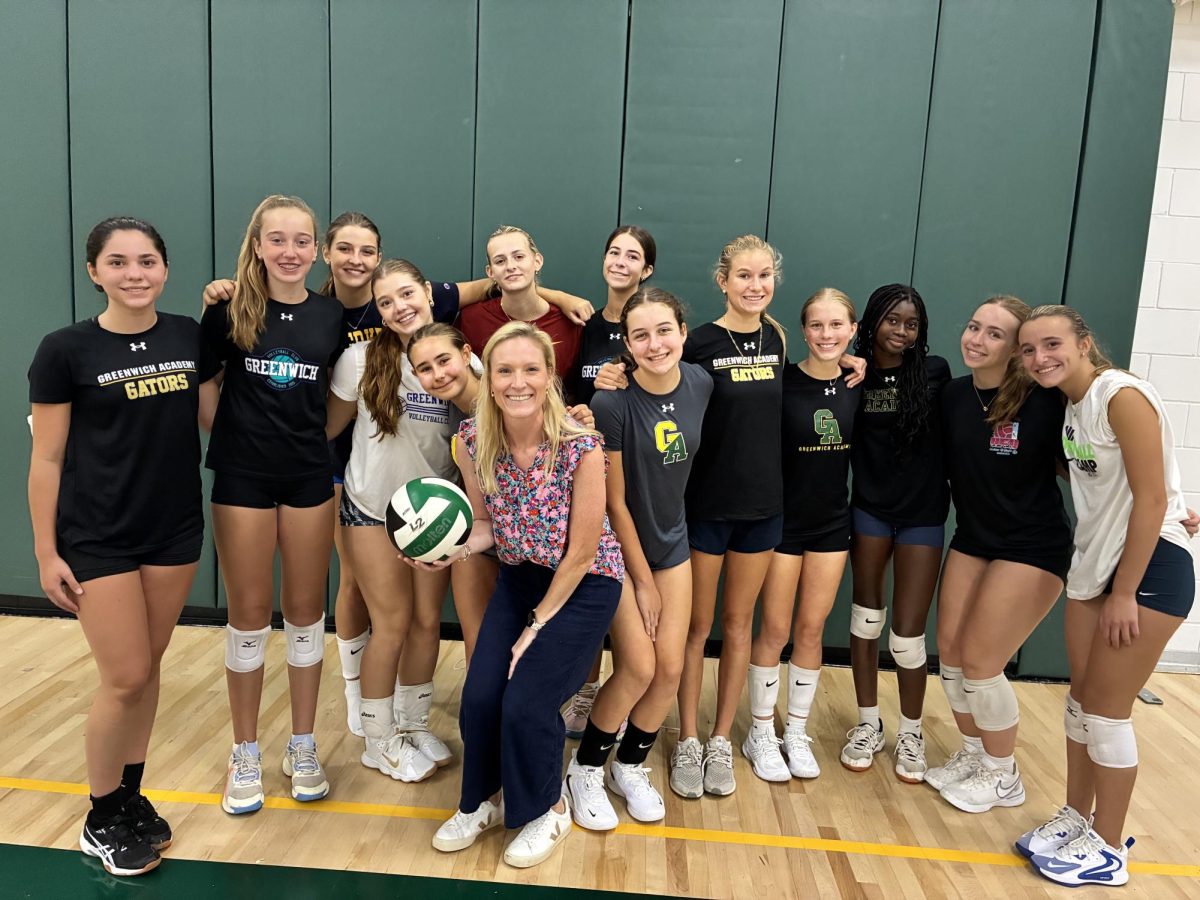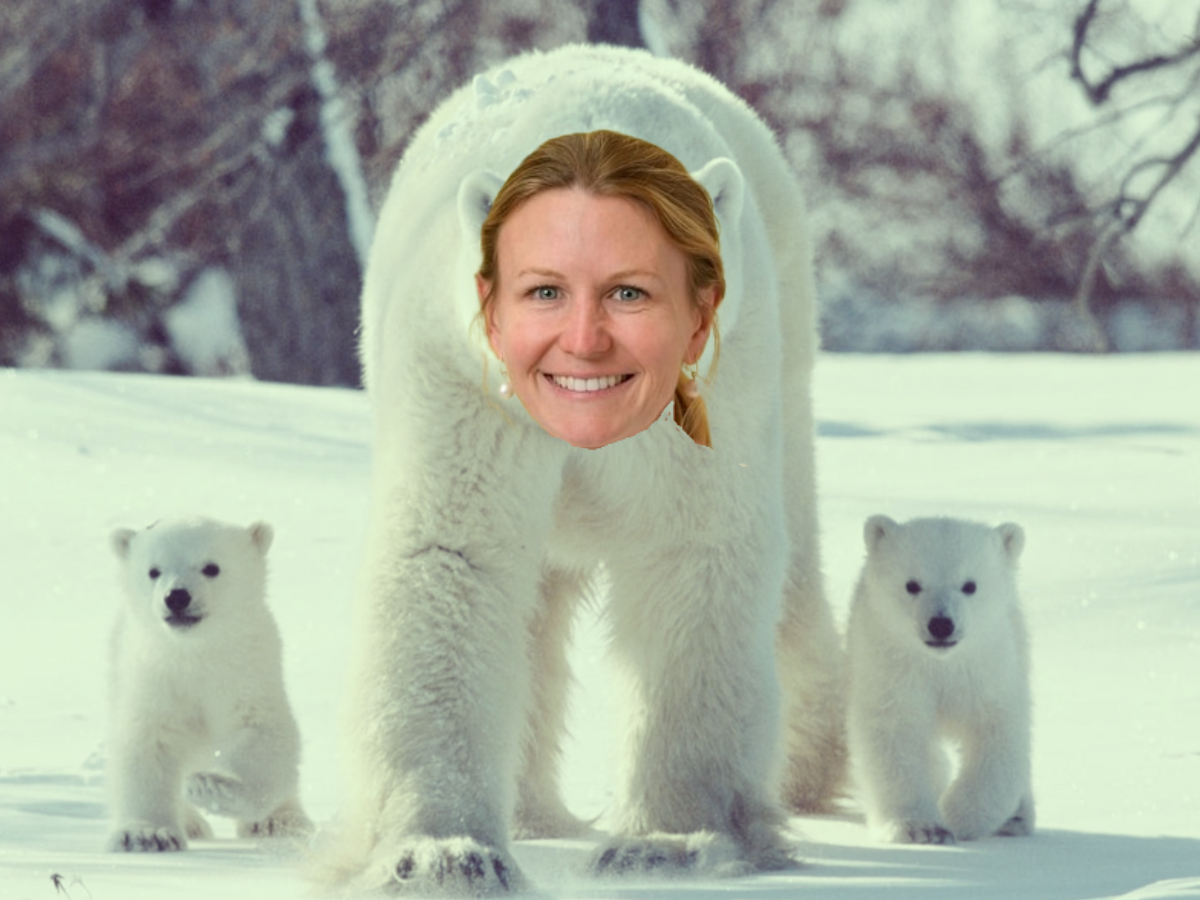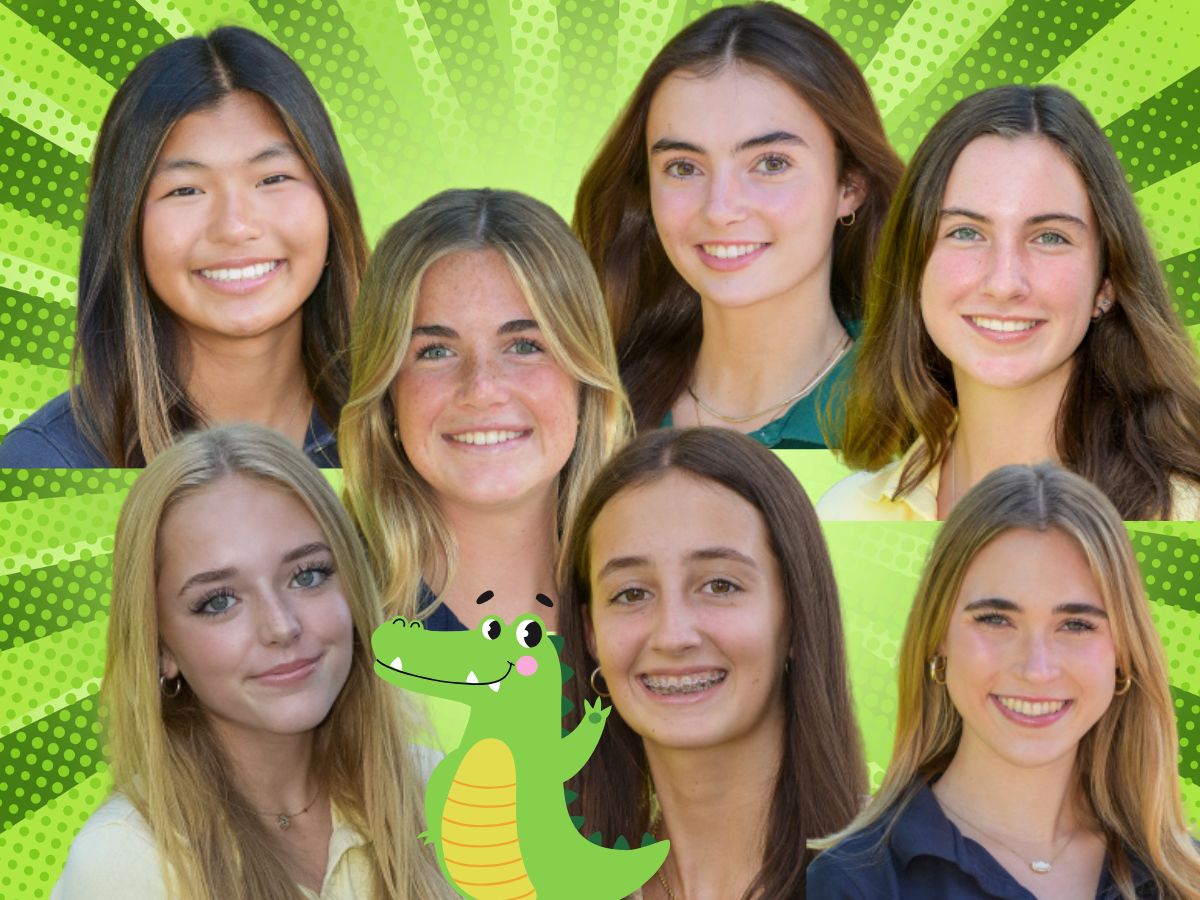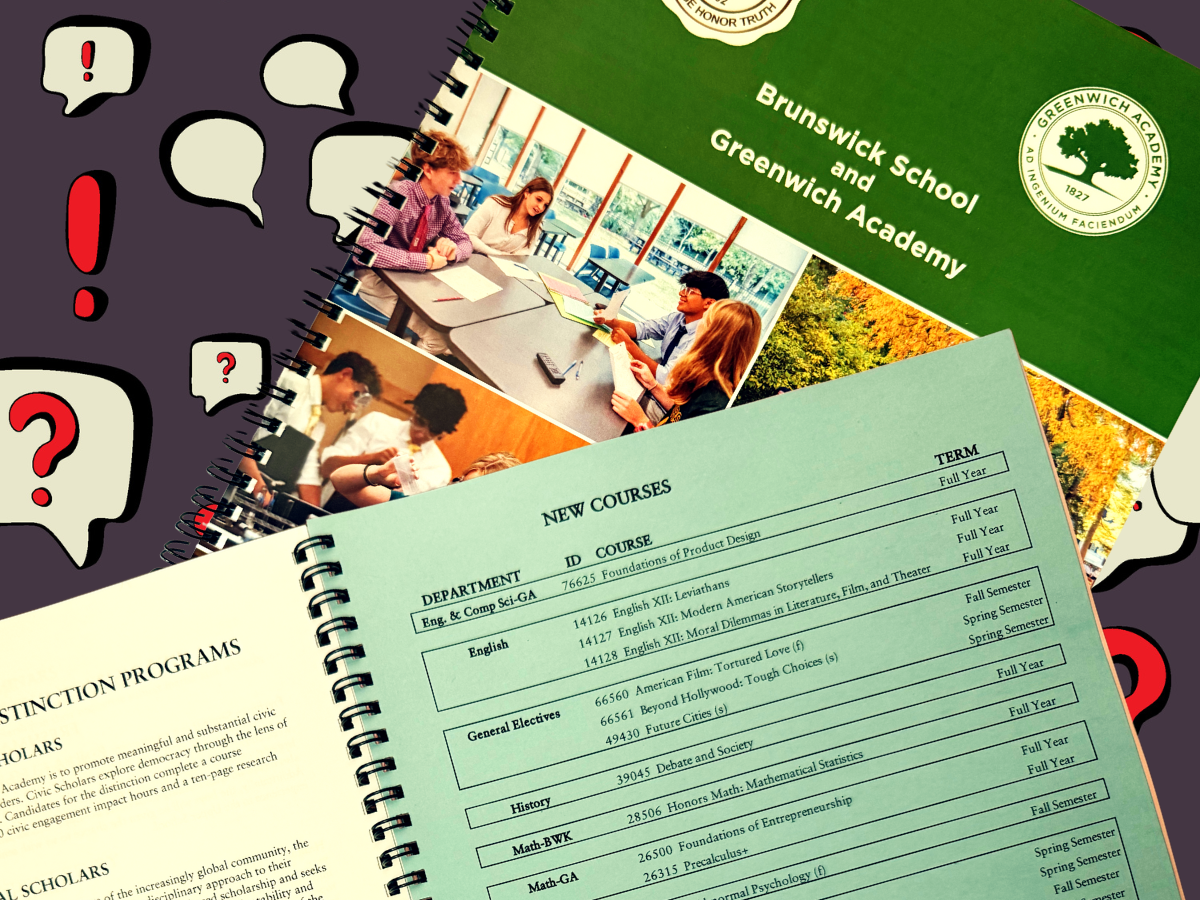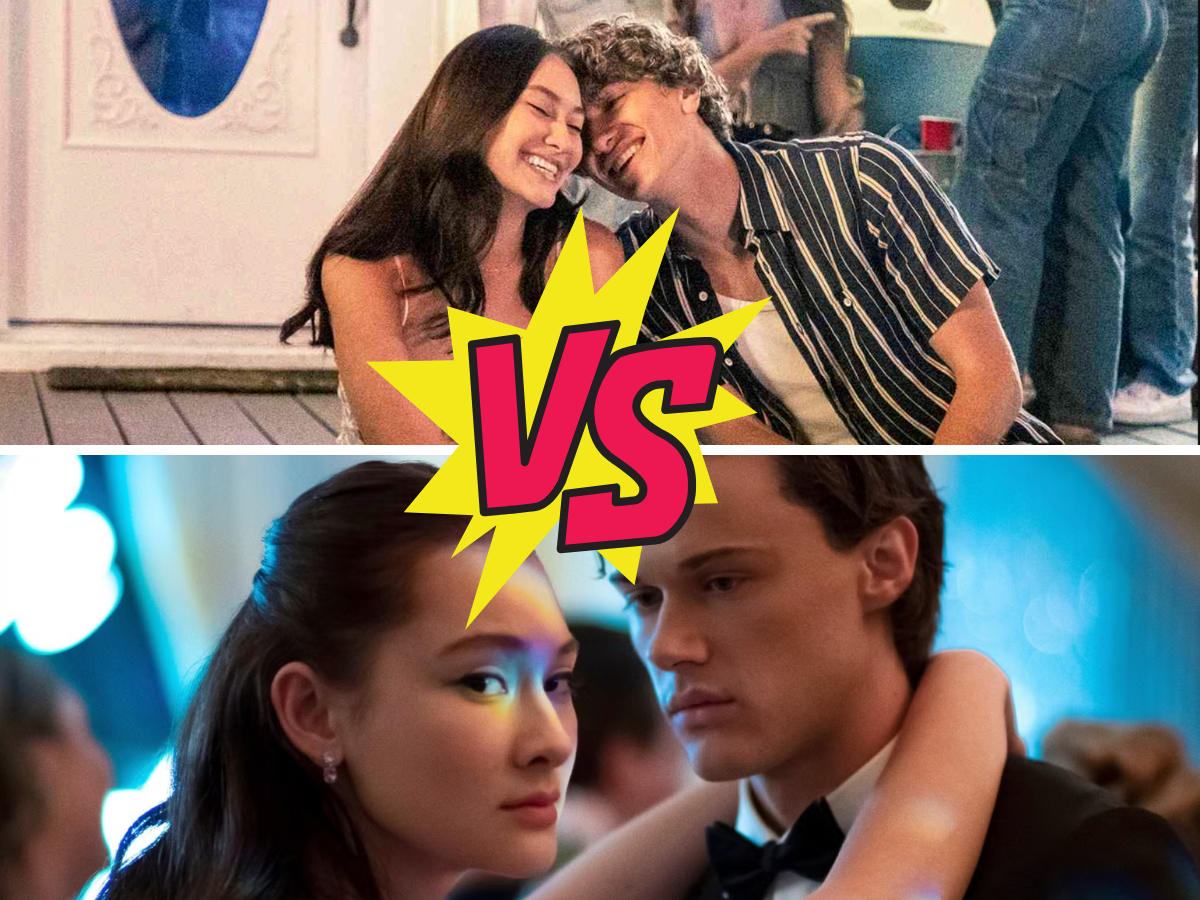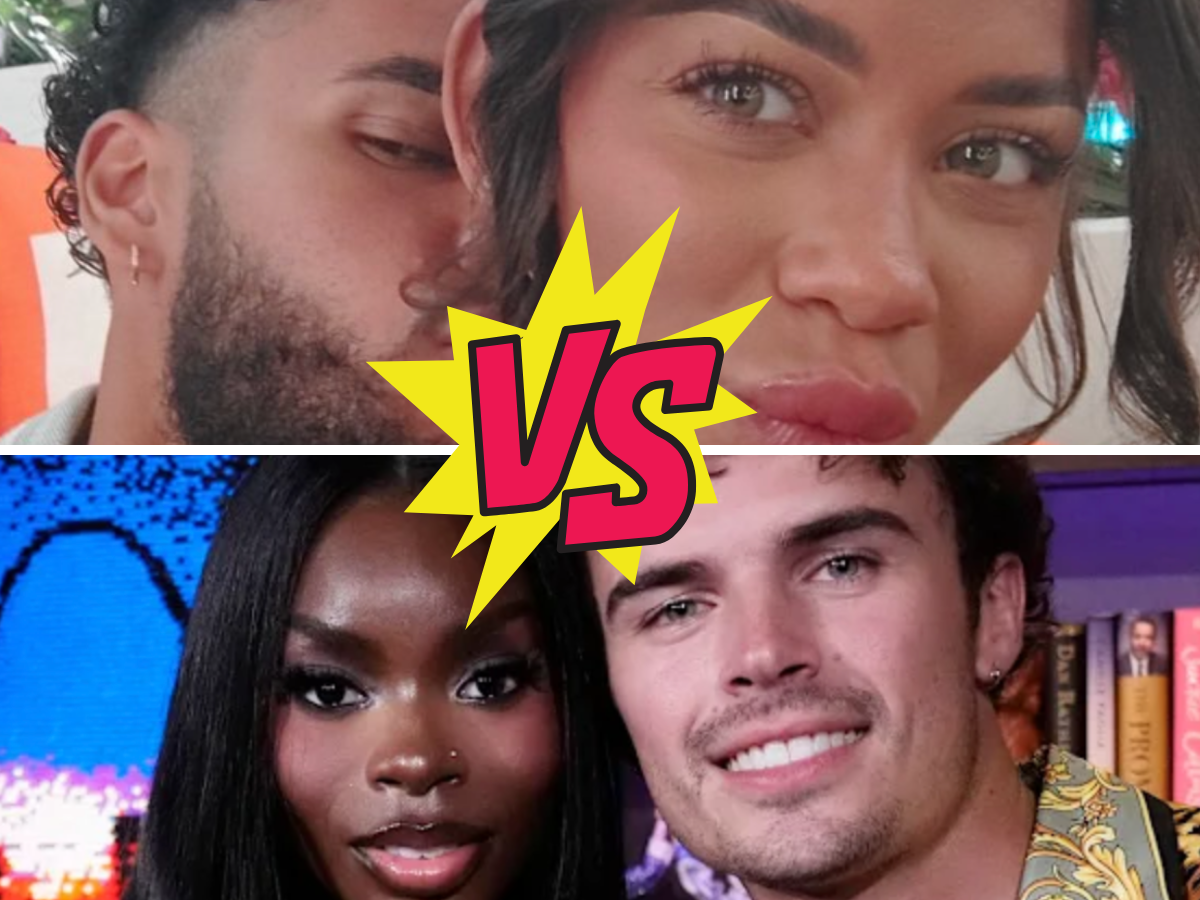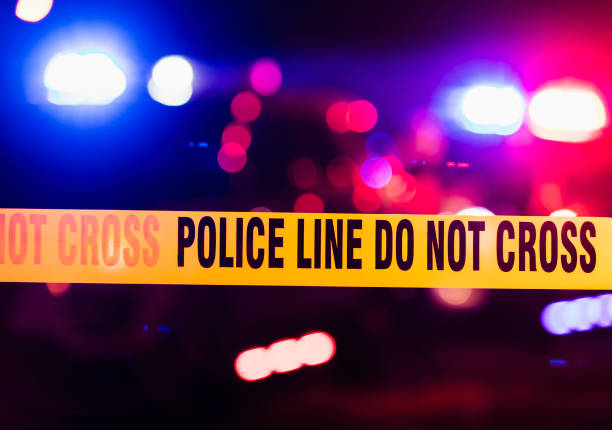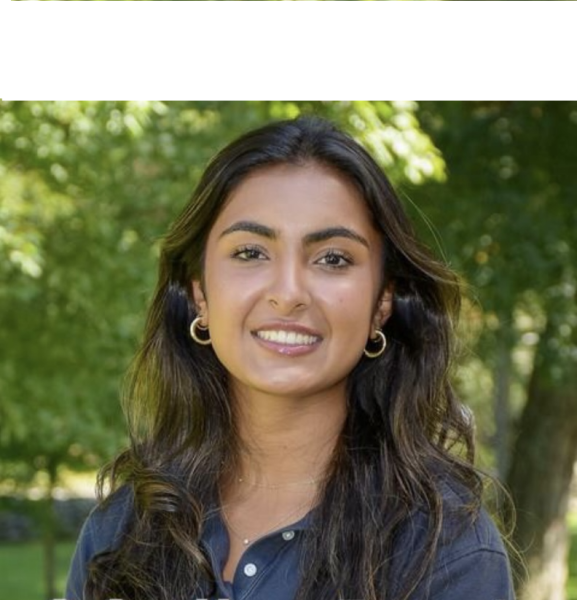Caitlin Moore, former associate athletic director at the University of Mary Washington, has decided to become a Gator. Before she was a star AD at UMW, Moore played lacrosse on their All-Region and two time All-CAC winning team. Not only did she gain All-American status her senior year, but she was Mary Washington’s career point leader and record holder for points and assists both in a single season and game, breaking the NCAA Division III points-per-game record with 7.94. Aside from her incredible accolades as a player, she has worked very hard in her positions as associate athletic director at UMW and assistant AD prior to that. Additionally, she was UMW women’s lacrosse coach, earning Virginia Sports Information Directors Association College Division Coach of the Year honors in 2016 and 2018. We are so fortunate to have such a trailblazer on our team. Welcome Mrs. Caitlin Moore—the Gators’ new Athletic Director!
This interview was edited for clarity and concision.
Favorite music to exercise to?
I like to listen to upbeat pop or jock jams—keeps the energy high!
How do you find the balance between academics and sports?
Intentional time management paired with a clear understanding of your priorities.
Who is your favorite female athlete, college or professional, in either the sports you’ve played or in general?
Mia Hamm, US soccer legend: the perfect blend of work ethic, humility, and team-first mentality.
What’s your biggest secret success?
Quietly mentoring young coaches behind the scenes.
Best advice for athletes to recover from an injury—mentally and physically?
Trust the process, stay patient, rely on your support system, and use the time to learn the game from a different perspective.
What makes a great coach? What can help take athletes to the next level?
When it comes to coaching, a lot of people can do X’s and O’s, right, but that’s 20% of coaching. Eighty percent of coaching is managing the student in front of you, and really looking at them as a holistic person. They’re not just an athlete, but a student, and a daughter, and maybe they’re a sibling, and maybe they’re really great at orchestra or whatever it is. I’ve had the opportunity to work with a lot of great coaches. I think the ones who acknowledge the fact that it’s so much more than Xs and Os are really, really the ones that are doing the job.
Is there a specific quote that has stuck with you?
How you do anything is how you will do everything.
How do you think athletics contribute to enforcing our motto, Towards the Building of Character, and how can we build a stronger community through sports?
Sports demand resiliency, teamwork, accountability, and leadership—exactly the traits our motto celebrates. We can create shared experiences through athletics that bring students, families, faculty, and staff together, across all levels of competition.
What goes into creating an environment where athletes feel comfortable talking about their mental health and how can we be even better about that at GA?
Lead with openness, model well-being, and ensure it’s part of team conversations—a check up from the neck up.
What advice would now you give your high school athlete self?
Enjoy where you are and make the most of every moment.
What are your ideas and goals for GA?
Build strong relationships, develop a vertical model for our sport programming so we can elevate performance at every level of competition, while ensuring that every student feels like they belong in athletics, because there’s an athlete in everyone!
Why Greenwich Academy and this specific opportunity?
It was sort of at that point in my career where I was starting to explore other opportunities. And I think once you get here, I mean, look around, what an incredible place! It’s so beautiful. To be at a place where excellence is the standard and there is a spotlight on athletics is very exciting to me, because it shows just how committed the community is and the student athletes are.
What does a healthy balance between competition and well-being look like?
You have to put things in perspective, which is so tough to do when you’re in the thick of it, but part of that is being surrounded by good people who can maybe help you see that balance a little bit. There is a sense of resiliency when it comes to competition: At the end of the day, somebody’s gonna win and somebody’s going to lose, and there are lessons on both sides of that. Part of it is just going out there and playing your sport and getting a little bit better every day, and let the results speak for themselves. If we get so focused on outcomes, then we forget that all the lessons are really in the process. I’ve always just been a lot more process oriented than outcome oriented and believe that things will take care of themselves at the end.
How do you envision building stronger connections between GA’s athletes, coaches, and the broader school community?
I think part of it is presence. People want to know that you’re there and there for their daughter and there for their team, and that you care beyond just the athletics component of it. I envision being present at a lot of things, and I think trying to make those connections between lower school and middle school and middle school and upper school is a really big part of the process.
What’s one small change you believe could make a big difference in GA’s athletic program?
In general, having flexibility in how we think about things is really helpful. So whether we need to make an adjustment on practice, or we need to make an adjustment on transportation, or if there’s a delay in a construction project, let’s just be flexible in terms of how we think about solutions. I’m a firm believer that everything is figure-out-able, and you really just have to have those relationships of trust to know that when we do need to make shifts or changes we can.
If a GA student-athlete stopped you in the hall for one piece of advice, what would you say?
It’s all gonna be okay. The general sense I get is especially with everybody coming back to school is an energy but also anxiousness about college search or tryout fear. I do believe everything happens for a reason, and sometimes it’s not always clear at the moment, but you just sort of have to take a pause and breathe. If you get cut from varsity, it’s not the worst thing in the world. It might feel like that at the moment, but all that means is you might actually have an opportunity to play more on JV, and you have more game experience, and ultimately you’re going to be a better varsity player, because you took a year and you really worked on skill development. There’s a lot of lessons in a path being rerouted.
